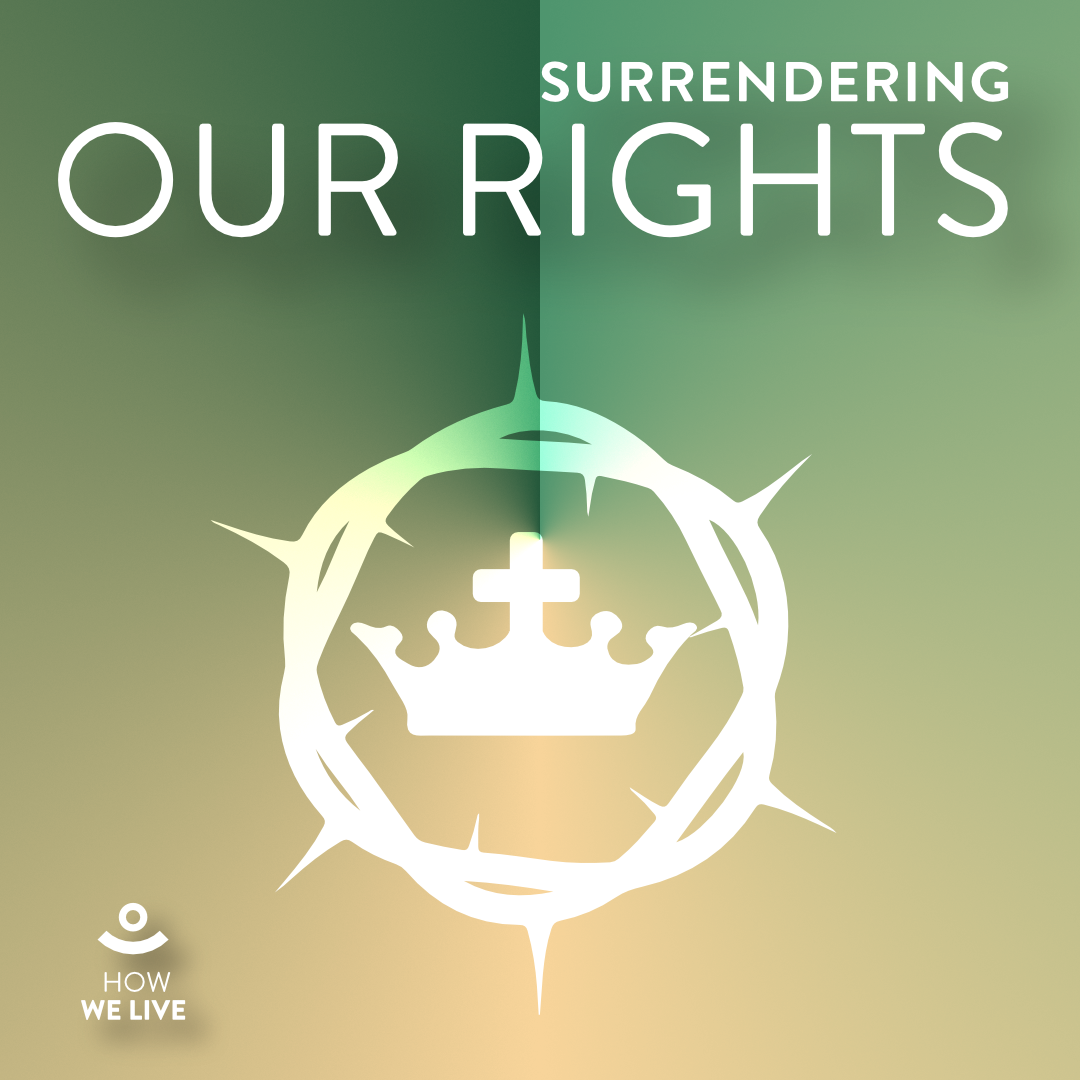KNOW Philemonნიმუში


HOW WE LIVE: Surrendering Rights for the Sake of Others
“Therefore, although in Christ I could be bold and order you to do what you ought to do, yet I prefer to appeal to you on the basis of love.” Philemon 8-9
The ideas contrasted in these verses tell us something very powerful about Paul and the way he discipled people.
The Ancient Roman world in which Paul lived was one of well-defined social hierarchies. Patronage, a system of honor and indebtedness, dictated the interactions between individuals of different classes. A lower class person (aka “the client”) was loyally bound to their superior (aka “the patron”), who provided “the client” with various social and/or economic advantages.
Aspects of patronage—this relationship of give-and-take between “patron” and “client”—can be seen in the way Paul related with the churches he founded. Made a minister of the New Covenant by the power of the Spirit, Paul had great boldness (2 Corinthians 3:4-6, 12) and God-given authority (2 Corinthians 13:10). This authority would have extended over Philemon, who had become a Christian because of Paul’s ministry (v19).
For this reason, Paul could have boldly commanded Philemon to do the right thing and forgive his runaway slave Onesimus, whom Paul had sent back to him (v12). However, he instead preferred to encourage Philemon’s forgiveness to be motivated by love—a love which Paul knew Philemon had for all of God’s people (v5).
Paul acknowledges the hierarchy (he is Philemon’s “patron”) in order to abolish it, laying down his right to command and choosing to appeal to what he knew was already inside of Philemon.
Philemon knew well the authority bestowed upon a “patron,” being one himself (a slave-owner with a house big enough to host a church and have a guest room, v2, 16, 22). Can you imagine how Paul modeling a “patron” laying down his rights would have impacted him and helped him to release Onesimus—his “client”—from the debt he owed?
წმიდა წერილი
About this Plan

This plan will explore what the letter of Philemon teaches us in four major areas. 1) WHO GOD IS: God’s character and nature 2) WHO WE ARE: the identity of humanity and/or believers 3) WHAT WE BELIEVE: core Christian doctrines 4) HOW WE LIVE: putting faith into action
More
Related Plans

Solitude & Silence

Trail Builders: Riding Together in Discipleship

IHCC Daily Bible Reading Plan - June

How God Used Prophets in the Bible

The Wedding at Cana

Best Decision Ever!

God's Goodness and Human Free Will

Transforming Encounters: The 40-Day Challenge (Luke)

Acts 11:1-18 | the Church Will Criticize You. Don't Criticize It.
